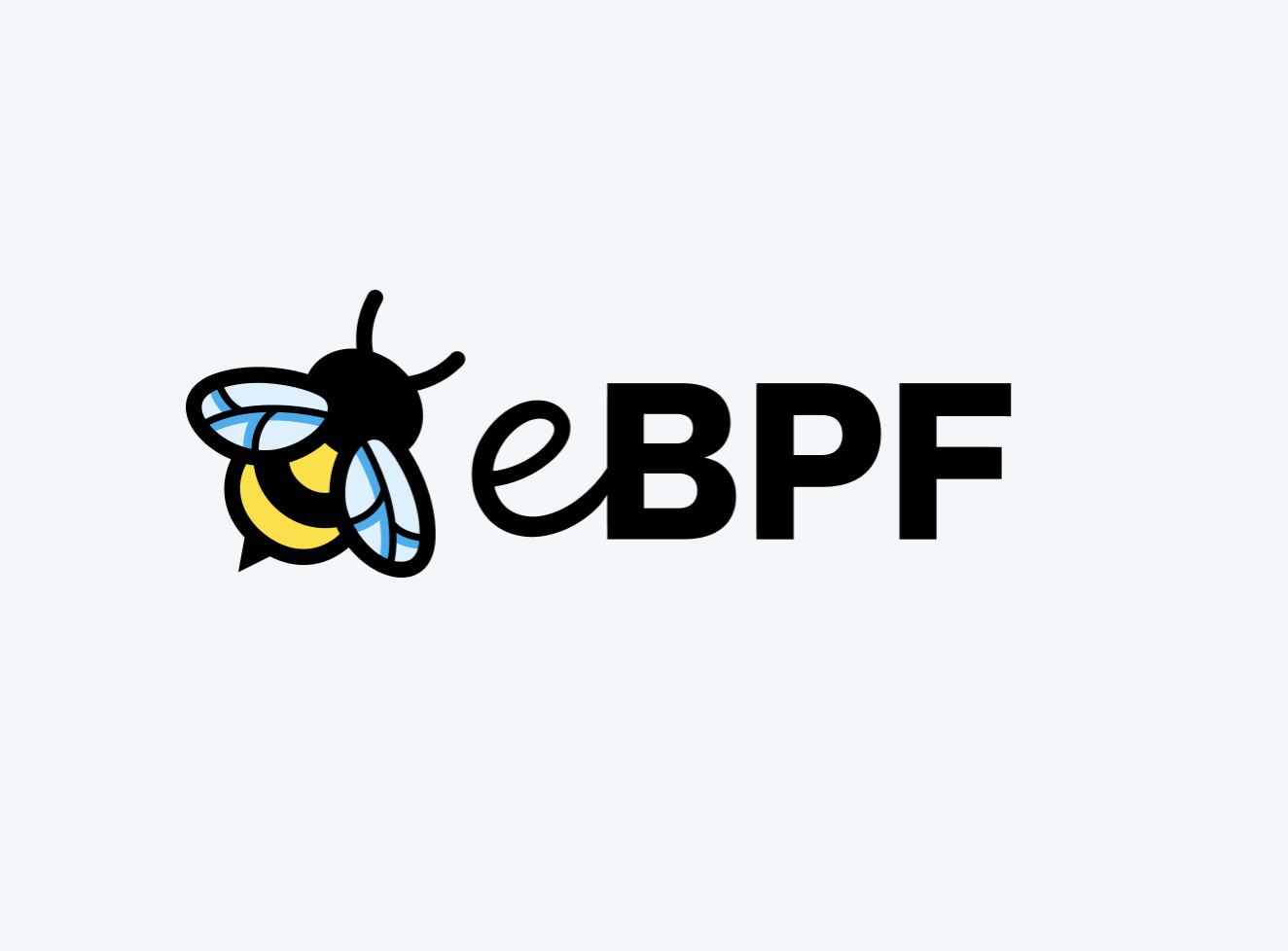eBPF OOMkill

Plugin: ebpf.plugin Module: oomkill

Overview
Monitor applications that reach out of memory.
Attach tracepoint to internal kernel functions.
This collector is only supported on the following platforms:
- Linux
This collector supports collecting metrics from multiple instances of this integration, including remote instances.
The plugin needs setuid because it loads data inside kernel. Netada sets necessary permission during installation time.
eBPF OOMkill can be monitored further using the following other integrations:
Default Behavior
Auto-Detection
The plugin checks kernel compilation flags (CONFIG_KPROBES, CONFIG_BPF, CONFIG_BPF_SYSCALL, CONFIG_BPF_JIT), files inside debugfs, and presence of BTF files to decide which eBPF program will be attached.
Limits
The default configuration for this integration does not impose any limits on data collection.
Performance Impact
This thread will add overhead every time that an internal kernel function monitored by this thread is called.
Metrics
Metrics grouped by scope.
The scope defines the instance that the metric belongs to. An instance is uniquely identified by a set of labels.
Per cgroup
These metrics show cgroup/service that reached OOM.
This scope has no labels.
Metrics:
| Metric | Dimensions | Unit |
|---|---|---|
| cgroup.oomkills | cgroup name | kills |
| services.oomkills | a dimension per systemd service | kills |
Per apps
These metrics show cgroup/service that reached OOM.
Labels:
| Label | Description |
|---|---|
| app_group | The name of the group defined in the configuration. |
Metrics:
| Metric | Dimensions | Unit |
|---|---|---|
| app.oomkill | kills | kills |
Alerts
There are no alerts configured by default for this integration.
Setup
Prerequisites
Compile kernel
Check if your kernel was compiled with necessary options (CONFIG_KPROBES, CONFIG_BPF, CONFIG_BPF_SYSCALL, CONFIG_BPF_JIT) in /proc/config.gz or inside /boot/config file. Some cited names can be different accoring preferences of Linux distributions.
When you do not have options set, it is necessary to get the kernel source code from https://kernel.org or a kernel package from your distribution, this last is preferred. The kernel compilation has a well definedd pattern, but distributions can deliver their configuration files
with different names.
Now follow steps:
- Copy the configuration file to /usr/src/linux/.config.
- Select the necessary options: make oldconfig
- Compile your kernel image: make bzImage
- Compile your modules: make modules
- Copy your new kernel image for boot loader directory
- Install the new modules: make modules_install
- Generate an initial ramdisk image (
initrd) if it is necessary. - Update your boot loader
Debug Filesystem
This thread needs to attach a tracepoint to monitor when a process schedule an exit event. To allow this specific feaure, it is necessary to mount debugfs (mount -t debugfs none /sys/kernel/debug/).
Configuration
Options
Overwrite default configuration reducing number of I/O events
via File
The configuration file name for this integration is ebpf.d/oomkill.conf.
The file format is a modified INI syntax. The general structure is:
[section1]
option1 = some value
option2 = some other value
[section2]
option3 = some third value
You can edit the configuration file using the edit-config script from the
Netdata config directory.
cd /etc/netdata 2>/dev/null || cd /opt/netdata/etc/netdata
sudo ./edit-config ebpf.d/oomkill.conf
Examples
There are no configuration examples.
Troubleshooting
update every
Data collection frequency.
ebpf load mode
Define whether plugin will monitor the call (entry) for the functions or it will also monitor the return (return).
lifetime
Set default lifetime for thread when enabled by cloud.
Do you have any feedback for this page? If so, you can open a new issue on our netdata/learn repository.